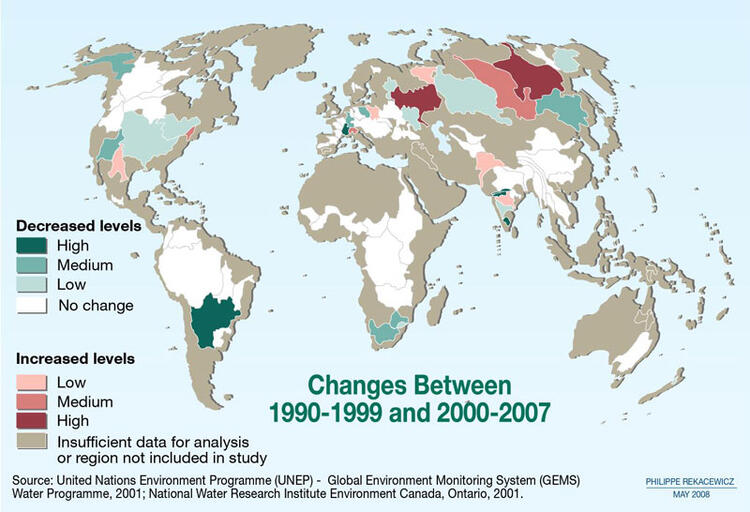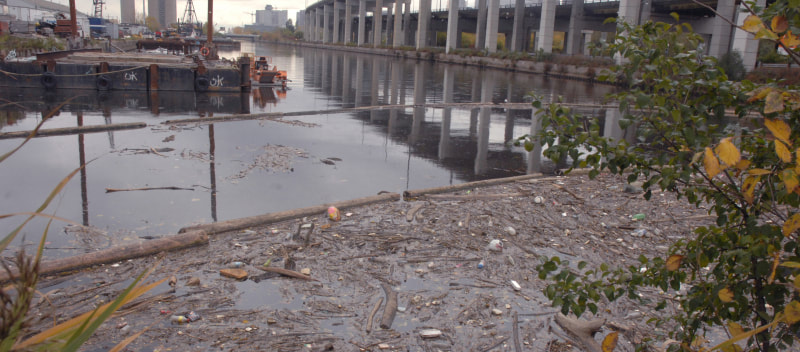|
As part of Singapore’s International Water Week 2021, Water Institute member Monica Emelko, Canada Research Chair in Water Science, Technology and Policy at the University of Waterloo, was invited to share her expertise at one of the Thematic Webinars focused on climate change, water quality and health. In her talk entitled “Source Water Protection and Climate Change Adaptation for Treatment Resilience”, Emelko explored how climate change poses an array of uncertainties to the provision of adequate amounts of safe drinking water that, if not addressed, could ultimately lead to negative public health impacts. Adaptation case studies were introduced, drawing from her work evaluating trade-offs between grey (i.e., engineered) and green (i.e., natural) infrastructure. Monica noted that supply diversification in rural, remote, and marginalized communities is often not feasible because alternate supplies might not always be available or cost-effective. In contrast, landscape management-based approaches can deliver a myriad of larger watershed scale co-benefits that include reduced drinking water treatment costs and cost-sharing opportunities and ecosystem diversity and other socio-cultural benefits (e.g., spiritual value, recreation). These approaches can be especially relevant for rural, remote, and marginalized communities including many Canadian communities reliant on forested watersheds for water.  Photo: The world map shows the global average nitrate levels from concentrations at major river mouths. Comparing data from the two decades, North American and European rivers have remained fairly stable, while major river basins in South Central and Southeast Asia have recorded higher nitrate concentrations. Source: Vital Water Graphics. UNEP Article also posted on Water Institute: uwaterloo.ca/water-institute/news/monica-emelko-presents-source-water-protection-and-climate
0 Comments
Leave a Reply. |
forWater NetworkThe Network provides insights into new scientific research for safe, secure drinking water---globally---which starts with resilient forests Archives
October 2023
Categories |


 RSS Feed
RSS Feed

